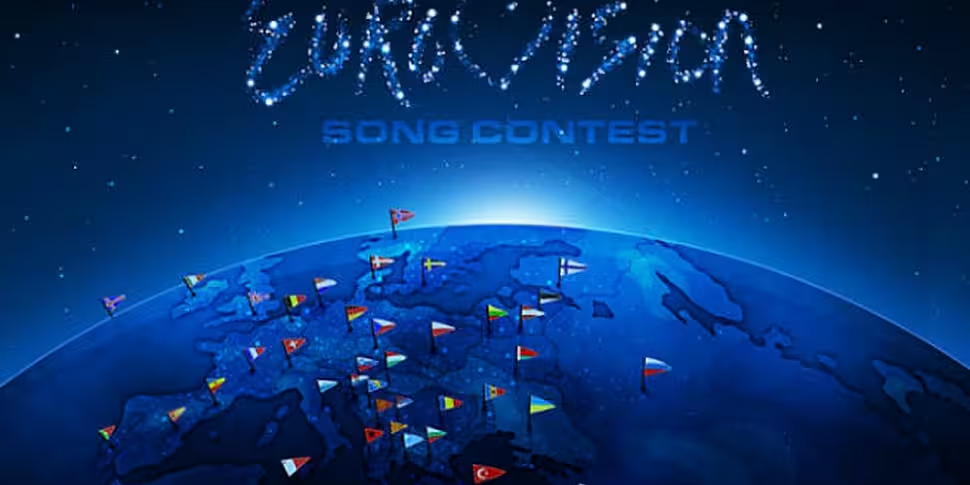Three things spring to mind when the Eurovision is dropped into conversation: bubblegum pop, cheesy banter between the presenters and of course political voting.
The evidence for countries giving 'douze points' to their neighbours is pretty clear, while minorities in foreign countries will vote for their nation of origin.
So you can consider yourself quite lucky if you are Serbian. The 2007 Song Contest winner is bordered by eight countries with sizeable Serb minorities, while many also reside in countries like Switzerland and Austria.
When the Balkan nation was crowned winners in 2007, they received the full 12 points from seven neighbours as well as countries with cultural links, with 34 per cent of their points total derived from that demographic.
But is that true of every one of the last 10 Eurovision winners?
| Year | Country | Points | From neighbours/cultural links | % | 12 points fom neighbours + cultural links | |
| 2012 | Sweden | 372 | 48 | 13 | 4 | |
| 2011 | Azerbaijan | 221 | 26 | 14.5 | 2 | |
| 2010 | Germany | 246 | 46 | 18.7 | 2 | |
| 2009 | Norway | 387 | 44 | 11.3 | 3 | |
| 2008 | Russia | 272 | 120 | 44.1 | 7 | |
| 2007 | Serbia | 268 | 92 | 34 | 7 | |
| 2006 | Finland | 292 | 60 | 20.5 | 5 | |
| 2005 | Greece | 230 | 61 | 26.5 | 4 | |
| 2004 | Ukraine | 280 | 40 | 14.3 | 2 | |
| 2003 | Turkey | 167 | 72 | 43.2 | 4 | l |
From Turkey in 2003 to Russia in 2008, it seems that votes from neighbours our countries with ethnic or cultural ties, played a significant role in boosting the eventual winners' points tally, with Ukraine in 2004 being a slight exception.
But it is interesting to note that the proportion of decisive votes from neighbouring countries has fallen significantly starting with Norway's win in 2009, despite the fact that the voting rules have not changed.
It is cold comfort for record-holders Ireland however as Sweden, Azerbaijan, Germany and Norway have plenty of neighbours and links with other nations.
Here are some of those winners:
Lordi - Hard Rock Hallelujah (Finland 2006)
Dima Bilan - Believe (Russia 2008)









